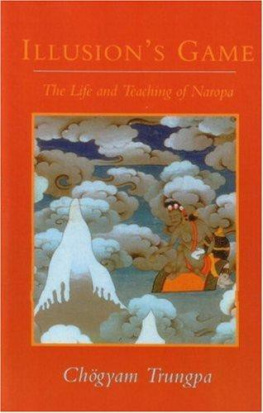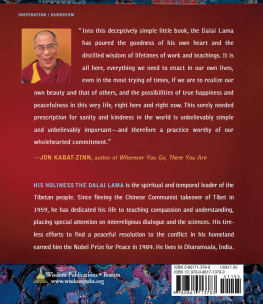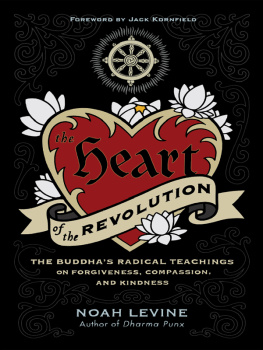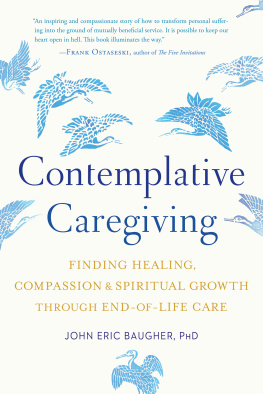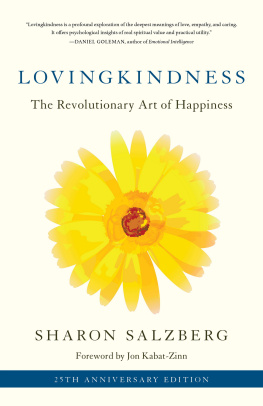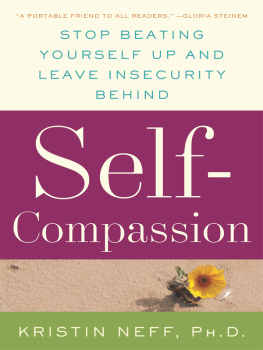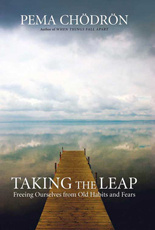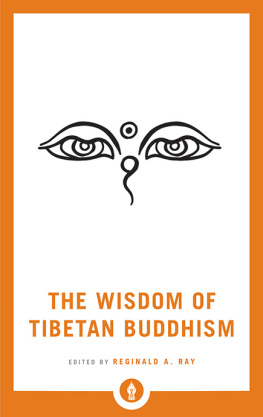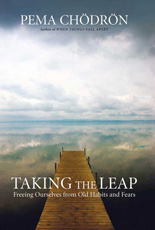RADICAL COMPASSION
Shambhala Publications Authors on the Path of Boundless Love
SHAMBHALA
Boston & London
2014
SHAMBHALA PUBLICATIONS, INC.
Horticultural Hall
300 Massachusetts Avenue
Boston, Massachusetts 02115
www.shambhala.com
2014 by Shambhala Publications, Inc.
Introduction 2014 by Judith L. Lief
Afterword 2014 by Judith Simmer-Brown
Cover illustration Joan Anderson, joanandersonart.com
All rights reserved. No part of this book may be reproduced in any form or by any means, electronic or mechanical, including photocopying, recording, or by any information storage and retrieval system, without permission in writing from the publisher.
eISBN 978-0-8348-2987-9
CONTENTS
Judith L. Lief
Chgyam Trungpa
Dzogchen Ponlop
Judith L. Lief
Gaylon Ferguson
Diane Musho Hamilton
Reginald A. Ray
Ringu Tulku
Pema Chdrn
Ken Wilber
Karen Kissel Wegela
Judith Simmer-Brown
I AM PLEASED AND HONORED to introduce this collection of essays assembled by Shambhala Publications on the topic of compassion. It comprises writings by Shambhala authors who have had ties to Naropa University, which is now celebrating its fortieth anniversary.
Naropa has been a part of my life since its beginning. I have studied there, worked there, and taught there. My two daughters are both Naropa graduates, and my husband, Charles Lief, is the current Naropa president. My first Naropa job was in the maintenance department in 1974. I cleaned a lot of ovens and put up many fire extinguishers. Later I worked in faculty affairs under Larry Mermelstein, where I planned numerous faculty gatherings and made lots of punch. One summer I was the official Naropa meditation instructor and gave initial meditation instruction to hundreds of students.
In 1976 Chgyam Trungpa Rinpoche, the universitys founder, asked me to fill in for Francesca Fremantle to teach a summer course on The Tibetan Book of the Dead, and after that first class, I taught many courses at Naropa on the theme of death and dying. In 1980 Trungpa Rinpoche appointed me as the Naropa chief executive, or dean, a post I held for five years. After that I served on the Board of Trustees for many years, up until 2012. And now I am the first lady. Even with the many obstacles and struggles that come with trying to create a university out of thin air, Naropa continues to inspire me. It is small but mighty. It is not so much that Naropa has all the answers but that it asks the right questions. For as Trungpa Rinpoche once remarked, fundamentally, The question is the answer. And what question could be more important than the question of how to cultivate true compassion?
Naropa University came into being through a dream of creating a new version of higher education based on the best of Eastern and Western traditions. It came about through the meeting of Trungpa Rinpoche, a Tibetan meditation master who was trained from early childhood in the sophisticated philosophy and psychology of Tibetan Buddhism, with students who had studied and taught in traditional Western university settings.
The time of Naropas founding was a time of turmoil in higher education. Many students felt that something was missing in their educational experiences. They longed for deeper engagement and the opportunity for genuine personal transformation and growth. They felt that the mere impersonal and passive acquisition of knowledge or simply gaining a credential to enter the workforce, while useful, was less than complete and did not satisfy the yearning of the heart. At the same time, what Western universities did, they did well. At Western universities you could access the heritage of knowledge, skills, and inquiry of the great thinkers, scientists, and researchers of the past. You could learn to think critically, acquire the skills to enter a profession, and be exposed to a variety of disciplines and viewpoints.
Tibetan monastic education had the advantage of joining rigorous intellectual study with sophisticated techniques of personal inquiry, such as meditation practice. But it had its disadvantages too. For one, it was monastic based and available mostly only to males. Another disadvantage was that it had a narrow focus, being based almost exclusively on the wisdom contained within the Buddhist tradition. So it did not have the kind of broad and diverse choice of fields of study available in Western universities.
Trungpa Rinpoche had studied within both models of education: traditional monastic training under his teachers in Tibet, and Western education at Oxford University, where he held a Spaulding Fellowship. And as his students began to study the Buddhist view of education and mind training and to practice meditation, they came to envision a new form of higher education that fully integrated the Eastern and Western models. They saw how the combination of the two educational approaches led to a kind of creative spark and opened up questions about the values and goals of higher education altogether. Was wisdom training one thing, and practical education another? Did you need to go to the monastery or nunnery for wisdom, or drop the whole wisdom idea and go to a secular university for purely functional objectives? Did you need to leave your spirit and heart at the university door?
Naropa University was founded on such questions. To this day it continues to be a bridge between East and West, head and heart, intellect and intuition. It does not simply put the Eastern and Western modalities side by side but thoroughly integrates the two in its classrooms, administration, and community.
The Naropa experiment has been an audacious one. It began as a summer institute, staffed by young and enthusiastic, but inexperienced, students of Trungpa Rinpoche. Yet right from the beginning it attracted a creative mix of leading scholars, artists, poets, scientists, psychologists, and contemplatives from a variety of spiritual traditions. It has drawn misfits and seekers, cynics and dreamers, people passionate about life and inspired to find ways to contribute to a more colorful, just, and compassionate society. So it is truly fitting that as a celebration of Naropas first forty years, Shambhala Publications is bringing out this eBook that explores the nature and necessity of compassion.
The cultivation of compassion is a central value at Naropa, along with the cultivation of wisdom and skillful means, or the ability to put these values into practice for the benefit of oneself and others. Without compassion for oneself, without a sense of ones own goodness and value, it is hard to develop the confidence to engage effectively with the world. And without compassion for other beings, without a sense of our profound interconnectedness, it is hard to find the courage to break the habit of focusing solely on our own limited self-concerns.
The challenge of a Naropa education is that it requires deep personal engagement and self-reflection. It is very personal, and everything is on the table: your assumptions, your fundamental values, how you are actually leading your life. The various fields and disciplines that students study are all seen not only as systems of knowledge, but also as means of personal awakening and societal transformation. And at the very core of this transformation is compassion. So the cultivation of kindness and compassion is supreme. It provides the environment that allows true learning to flourish. So it is with great delight and pleasure that I introduce this book.


